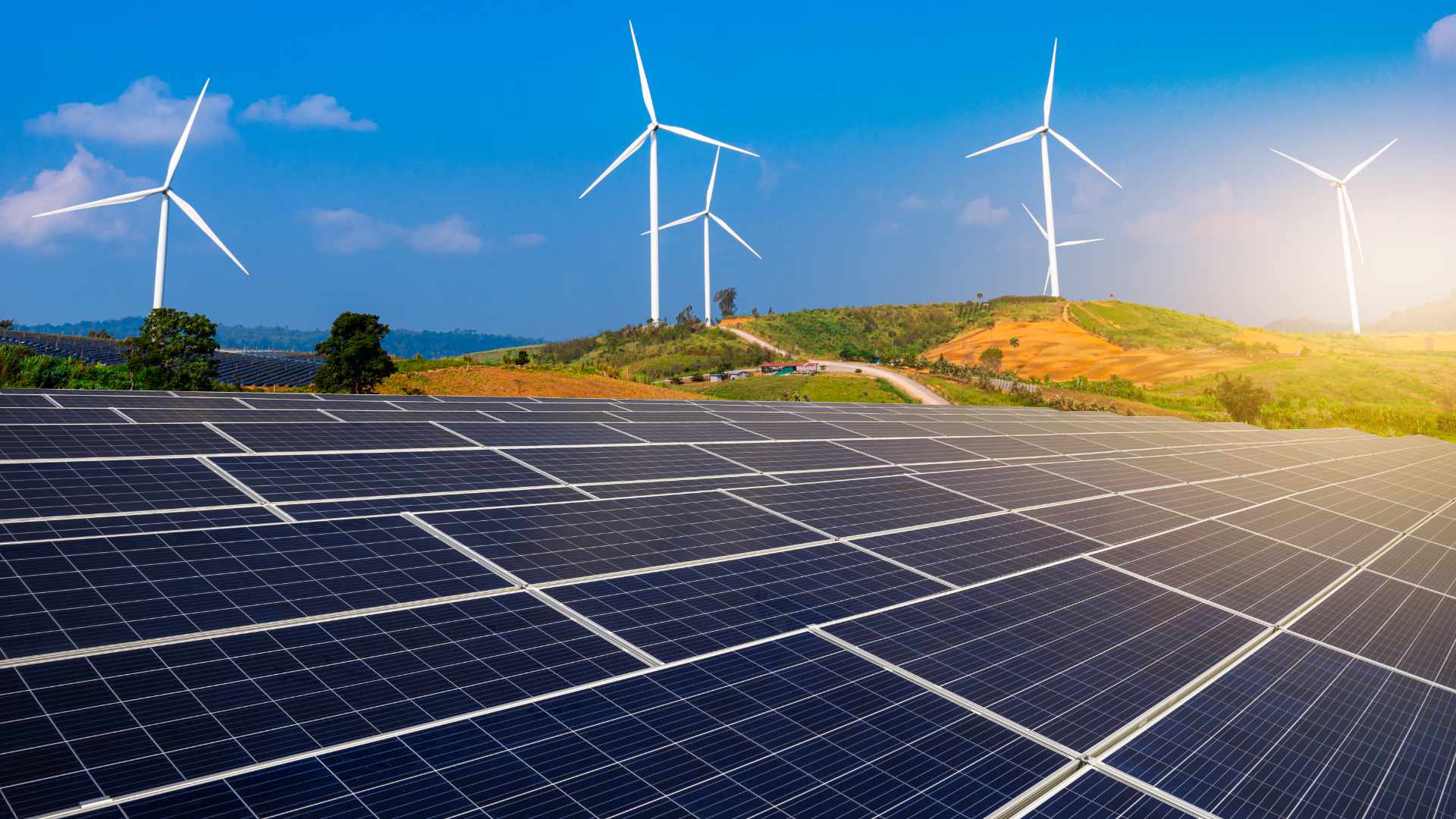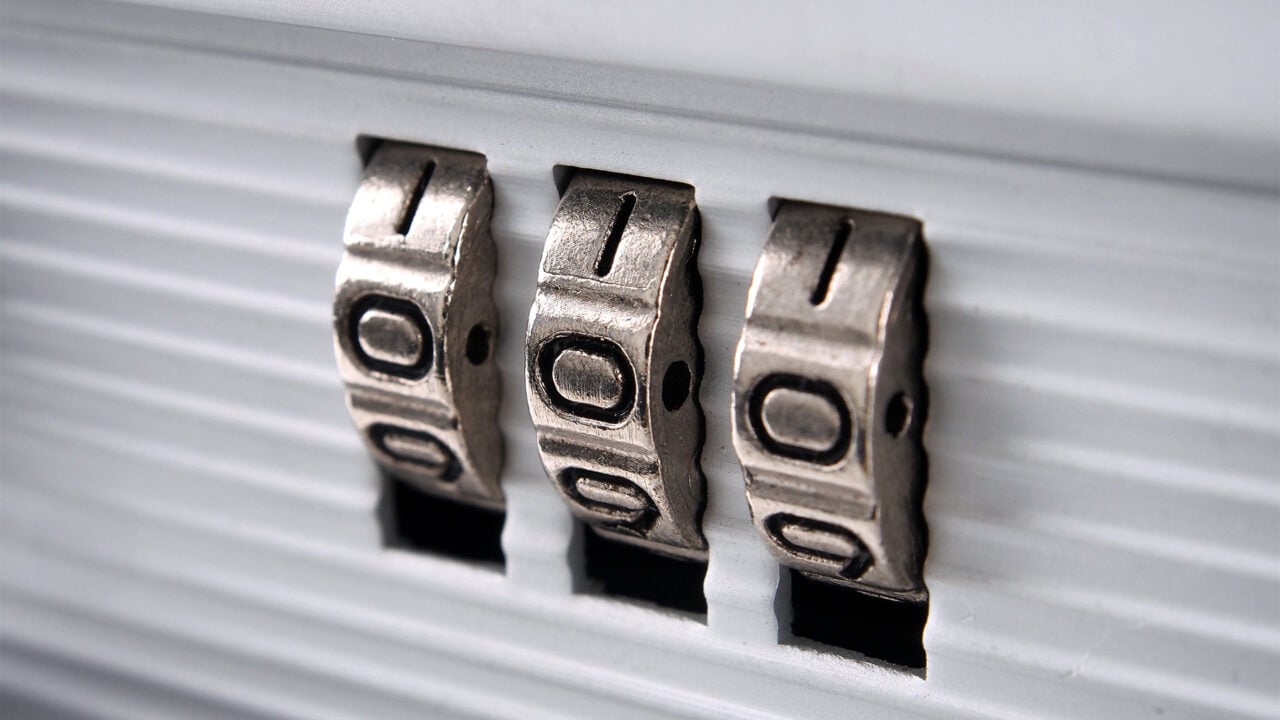Retarus’ head office in Munich has purchased certificates for 60 tons of CO2, offsetting the fossil fuels required for heating the premises and other unavoidable emissions in 2023.
The consumption of energy at Retarus consists of roughly 80 percent electrical power and 20 percent fossil fuels, the latter mainly dedicated to heating the company’s offices. The electricity Retarus consumes has already been obtained exclusively from renewable sources since 2007 – to be more precise, this green energy is drawn from certified hydroelectric power plants.
Our share of the district heating provided to the Criterion office building at 30 Aschauer Straße is estimated to amount to around 52 tons of CO2 equivalents for 2023. We are compensating for these unavoidable emissions by purchasing carbon offset certificates from the Stadtwerke München (Munich’s municipal utilities company). In this way, our consumption is compensated for by emission-reducing activities elsewhere.
To go into more detail, we are supporting four projects: establishing photovoltaic systems in India, constructing wind power facilities in India, aiding reforestation in Panama and improving energy-efficiency in Ghana. These projects are thoroughly certified in accordance with “Gold Standard” and all are ex-post certificates, meaning that the reduction in emissions has already taken place. The CO2 savings are credited exclusively to Retarus – there is no double counting. In addition, all the projects are of a long-term nature. Retarus is also involved in local projects through SWM, which are focused on the construction, operation and/or maintenance of renewable energy facilities.
All of this means that we can characterize the services provided by Retarus as climate-neutral in good conscience. What’s more, our external data centers are largely running on renewable energy sources already, and we are constantly in close contact with our service providers in this regard. As we are not able have an influence on the energy mix across the board, we have taken the additional step of purchasing 15 percent more offset certificates than our calculations strictly require.




